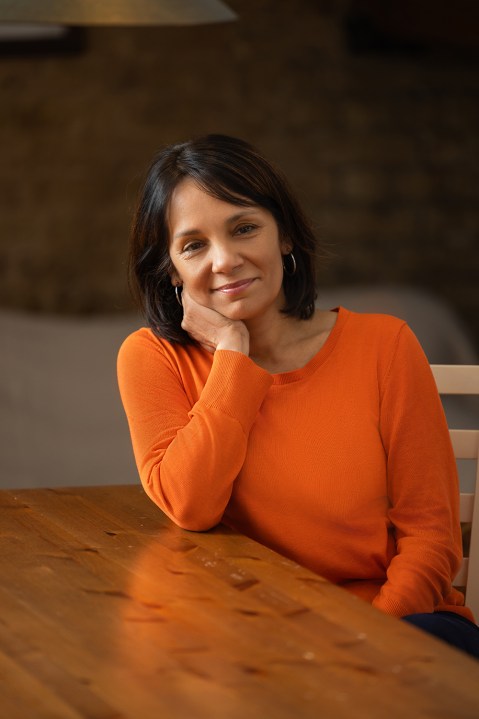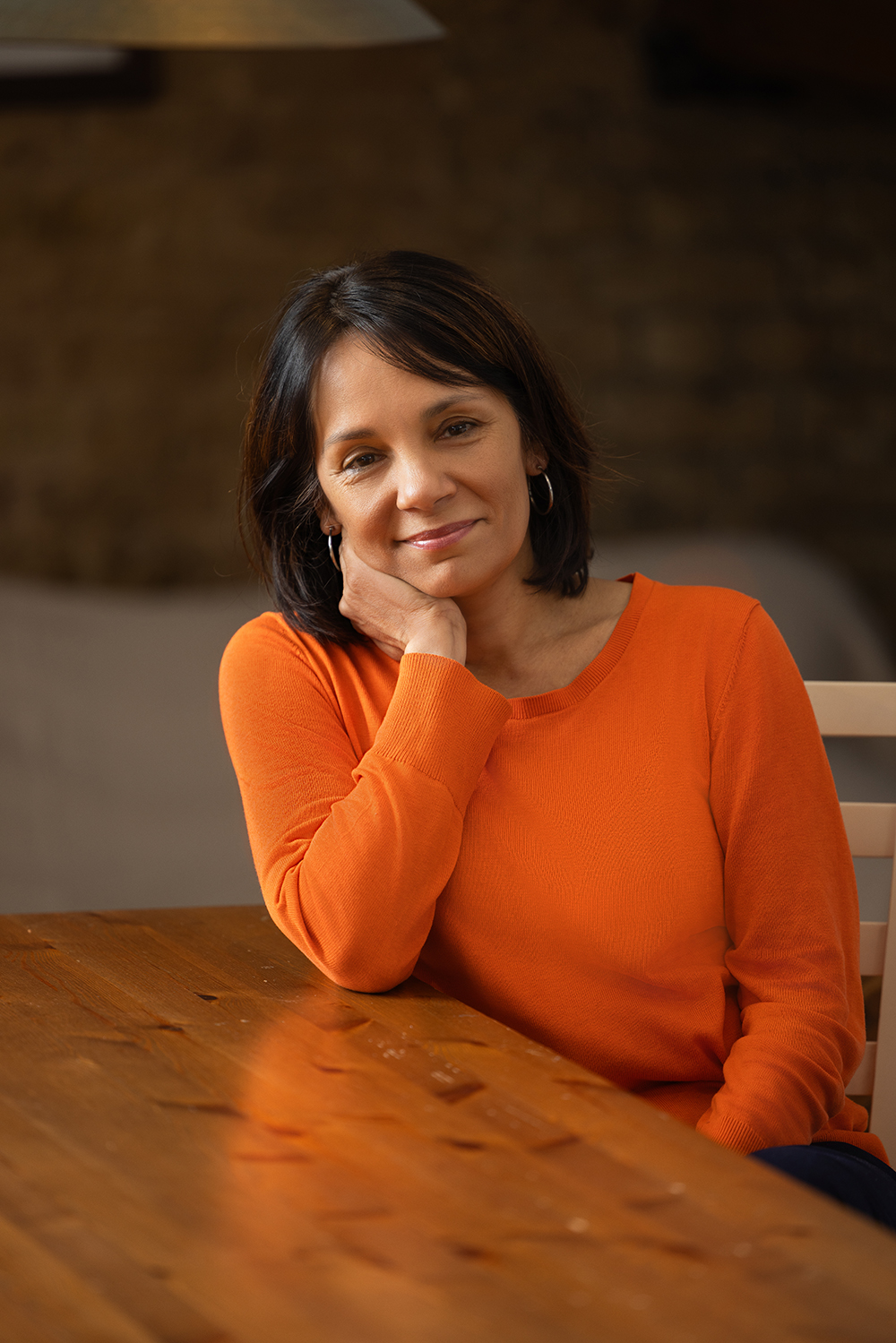
Claire Adam’s compelling first novel Golden Child won the 2009 Desmond Elliot Prize and was also picked as one of the BBC’s ‘100 Novels that Shaped Our World’. It told the story of contrasting twins in Trinidad – one an academic high-flyer, the other a misfit. When the latter is kidnapped, the father must act to rescue the son he has never quite understood.
Adam has followed this with an ostensibly quieter novel about a Trinidadian woman called Dawn, divorced with two adult sons, who lives in south London and works for an estate agent, after abandoning her medical career. She decides to search for the baby girl she gave up for adoption more than 40 years earlier, having got pregnant by a tourist at Carnival, aged 16. ‘The sex was unremarkable at best – it didn’t take long. It was painful at first, then boring, then embarrassing.’
Adam is a thoughtful writer and this is a soulful, unflashy narrative. Dawn was sent by her family to Venezuela to have the baby in secret, and after the event none of her relatives would discuss the matter with her. When she gives birth to her first son with her husband, he only finds out that she has previously had a child from reading her medical notes.
She describes her own childhood as ‘perfect’. The rupture only occurred when she was sent away. She is nonetheless keen to explain what the nuns, to whom she entrusted the baby for adoption, were like:
I feel I should clarify about the nuns. When you say ‘nuns’ nowadays, people think of evil, cruel women who starve girls and make them scrub floors. Caribbean nuns aren’t like that. For the most part they’re cheerful women, busy, active.
In Golden Child, the nightly news bulletins were full of stories of fatalities and domestic murders. In Love Forms, violence is hinted at when it is acknowledged that properties in Trinidad need to be gated for security. There is also a brief, horrifying scene in a morgue, which Dawn’s brother Warren takes her to in an attempt to warn her that their position of comfort and safety is more precarious than it looks.
Love Forms does not have the same propulsive quality as the kidnap narrative of Golden Child, but it’s a reflective novel that sensitively explores love and motherhood.








Comments